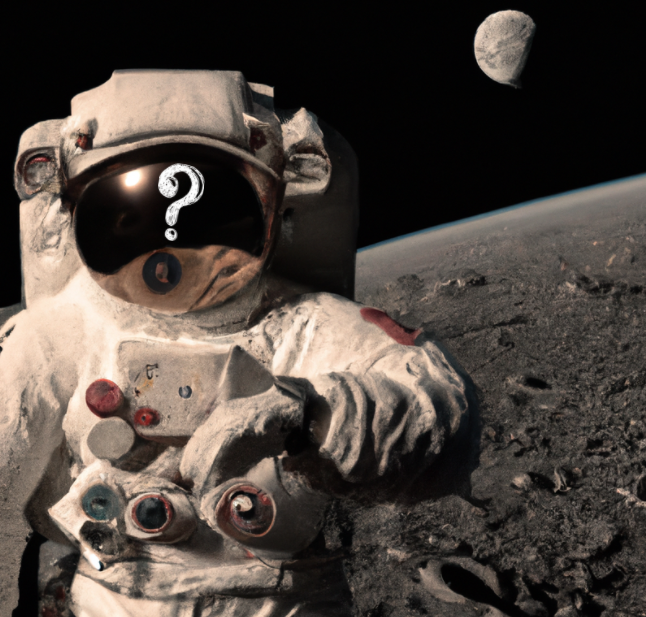In case you didn’t hear, NASA has been directed by the US White House to establish a convention for tracking time on the moon.
As you imagine our future when we have a permanent human settlement on the moon, life will get confusing quite fast when two lunar explorers are trying to arrange something in the future and don’t care about a particular time back on Earth.
The other important reason why we need new time zones for the moon is because one lunar “day” (and “night”) is two weeks on Earth! (That’s why one lunar cycle is 28 days, in case you haven’t put those facts together yet. Very fascinating, eh?)
Want something I think is even more fascinating? According to this related article on Space.com, due to the lower gravity on the moon compared to Earth, time moves 58.7 microseconds faster on the moon compared to Earth.
Think about those implications… maybe when a computer travels from Earth to the Moon, it will have to do a reboot to a new internal clock system. Let’s do some math and a scenario. One microsecond is one one-millionth of a second. 58.7 microseconds will add up to 1 full second in 17,036 seconds. 17,036 seconds equals 4.73 hours. That means after one 24-hour period, a clock will be off by 2.5 seconds.
Does our new lunar time zone system need “leap seconds” multiple times a “day”??
But actually we might need the opposite. On the moon, since time moves a little faster there compared to Earth, we need a REVERSE leap “second” – to SUBTRACT time compared to Earth!
I don’t know how we are going to account for that. But this is exactly the point of this blog post.
We need all kinds of people to be “rocket scientists” in our world today. And in our world of the not-too-distant future.
If you have the type of brain that loves to think about different time zones, this is your chance to make a massive impact on the future of humanity beyond Earth.
Just because NASA has been tasked with creating a new system for time zones on the moon, that doesn’t mean people there will come up with the best idea. Or all of the nuances.
It doesn’t mean that they won’t find, recognize, or adopt aspects of a new lunar time zone system that come from people outside of NASA.
One great thing about a complex and technical field like “rocket science” is this: THE BEST IDEAS USUALLY WIN.
There are caveats of course. The best ideas have to come from a person who is willing to speak up with them. The best ideas have to be presented in a way that other people can hear, see, and understand. The best ideas are more effective if they are presented in a way that doesn’t offend or threaten the status quo.
Now that we live in a world when anyone (even you reading this blog post) can put your ideas out into the world with a computer and an internet connection, this is your opportunity to do something great in the world of rocket science.
This is the whole point of my book, by the way. In How To Be a Rocket Scientist, you will get 10 practical and specific tips to do exactly that.
So if you are someone who has a knack for thinking about time, time zones, and multiple frames of reference working in different time frames, the recent news about NASA being tasked to define a set of time zones for life on the moon is your signal to say GO.
I can’t wait to see how we solve this fun challenge! Maybe someone reading this article will have a role in it.
